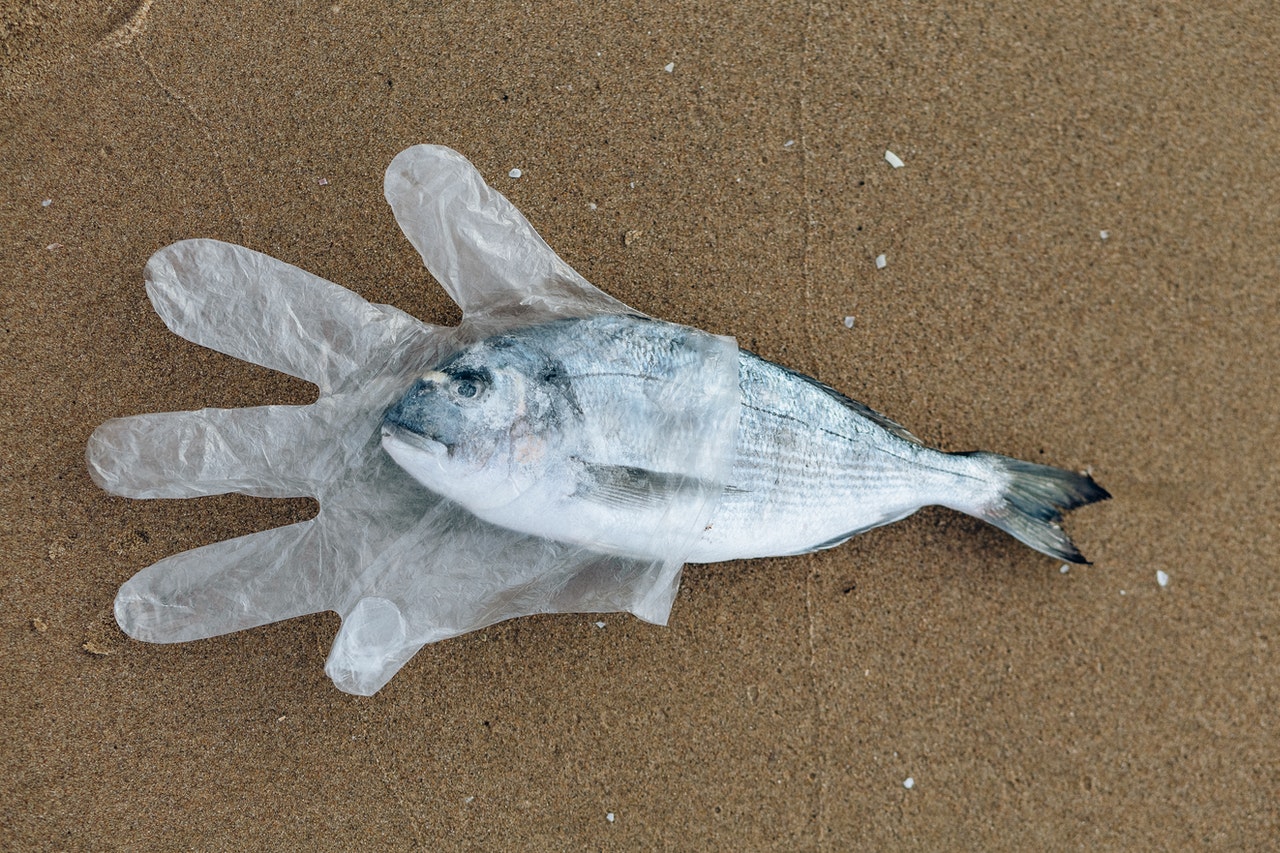Opinion
Ways we can keep plastic away from our oceans
Plastic pollution is one of the biggest problems facing our oceans, we need to act now if we’re to prevent it from spiraling out of control.

Plastic pollution is one of the biggest problems facing our oceans, we need to act now if we’re to prevent it from spiraling out of control.
Each year, about 8 million tons of plastic enters our oceans! To give that figure a little context, it’s enough to cover every inch of coastline around the globe. And that’s just the amount being dumped per year, not how much is already in the ocean. The damage this plastic is causing to marine life is, again, equally as hard to comprehend, with scientists estimating more than half of the world’s sea turtles and virtually every seabird has ingested plastic.
To answer why plastic is such a huge problem you need to look at why plastic’s such a ubiquitous material. It’s tough, easy to produce and it’s long lasting. So, unlike other biodegradable materials we use in our lives, plastic takes a long time to break down – 450 years, give or take.
And, in as much as we are the cause of this huge problem, we’re also the cure. So here’s some steps you can take to cut down your plastic footprint and also help fight plastic pollution.
No more single use
Single use plastic is bad. And it’s kind of needless. As long as you’re aware of it as a problem, cutting down how much single use plastic is in your life is a pretty straight forward step. Off on a picnic? Take your own reusable drinks bottles and food containers. If you, absolutely, must have a straw in your drinks, use paper straws. Off shopping? Take a reusable bag. If you want to take things to the next level, when you’re out and about and see local businesses still using single use plastics, drop a hint or two that there are nicer ways to do things.
Recycle recycle recycle
One of the great things about plastic is that (in many cases) it can be an environmentally friendly material, capable of being turned into new things when it’s recycled. Its lifespan can increase, and (if you take the recycling chain into account on a sustainable level) the energy it takes to recycle is much less than other materials. You’d think that humans would be great at recycling today, but the reality is that we’re a bit rubbish, with around 8% of plastic actually ending up in the recycling bins. So make sure you’re in the recycling game, and be an ambassador for recycling in your household, at your school, work… Let’s get everyone onboard.
End micro beads
Microbeads have become more than just a small problem in past years. These tiny plastic beads, found in face scrubs and beauty products, whizz through our sewer systems and out into the oceans at speed. They affect countless marine species and are even finding their way back into our own food chains. Check cosmetics packaging by looking for ingredients like polyethylene and polypropylene, then steer clear of the ones which include them. Feel free to take this to the next level as well, and write to politicians and the producers of the products themselves to urge for a ban on microbeads.
Push for change
It’s great to see the increase in bans on single use plastics locally and on larger scales within geographical areas or industries. You can help speed the change by supporting movements trying to ban needless plastic use. A few minutes searching the web will pull up a host of movements to get behind.
Spread the word
Like so many problems affecting our planet, awareness and knowledge sharing is a big part of engineering global change. Share information with your friends, via your social media channels, and bring the problems up during class. Debate, collaborate and take action together.
Organize a cleanup
This is a real no brainer. Doesn’t cost much to do, and the results are so satisfying. If you’re after instant karma points, organizing a beach clean is as good as it gets.
Support the front lines
It doesn’t matter where you live, you can support the ocean clean up regardless of how close you are to the ocean by supporting the work of the amazing local organizations working to save our oceans from plastic pollution. There are many passionate ocean warriors out there, who work tirelessly to stem the plastic pollution problems facing our oceans and the species that rely on them. It’s hard work, but it’s important work. Even a little gesture of support goes further than you’d think in reducing the effects of plastic.
The reassuring thing about our plastic problem is that it can be reduced. And it can be tackled quickly if enough of us make the changes that need to happen. And we’ll be rewarded by the enduring beauty of our oceans, coastlines and the beautiful creatures that live in and around them
-

 Press Release5 days ago
Press Release5 days agoClinical Trials Market Set for Robust Growth, Driven by Drug Development Surge and Digital Innovation
-

 Press Release6 days ago
Press Release6 days agoIndustrial Boiler Market Expected to Surpass USD 24.4 Billion by 2035 Amid Growing Demand for Energy Efficiency and Industrialization
-

 Business7 days ago
Business7 days agoHow Managed IT Solutions Help Small Teams Compete at Enterprise Scale
-

 Press Release6 days ago
Press Release6 days agoGreen Bio Chemicals Market Poised for Sustainable Growth amidst Global Shift to Eco-Friendly Alternatives by 2035
-

 Press Release6 days ago
Press Release6 days agoFill-Finish Pharmaceutical Contract Manufacturing Market Expected to Flourish Amid Biopharmaceutical Boom and Global Outsourcing Trend by 2035
-

 Press Release6 days ago
Press Release6 days agoPreventive Vaccines Market to Witness Strong Growth by 2035
-

 Press Release6 days ago
Press Release6 days agoPet Food Nutraceutical Market Set for Robust Expansion Amid Rising Demand for Pet Wellness by 2035
-

 Press Release5 days ago
Press Release5 days agoWaterproof Structural Adhesives Market: A Comprehensive Study Towards USD 10.3 Billion in 2035










